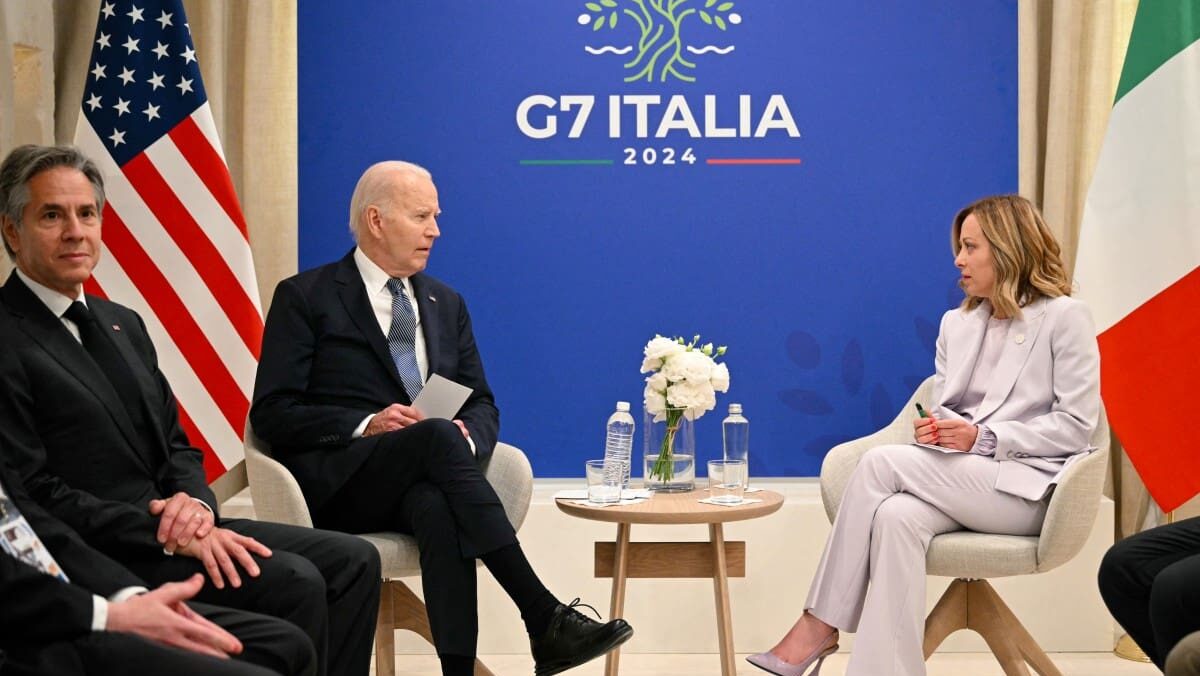
G7 Approves $50 Billion Ukraine Loan
The interest will be paid with seized Russian assets.

The interest will be paid with seized Russian assets.
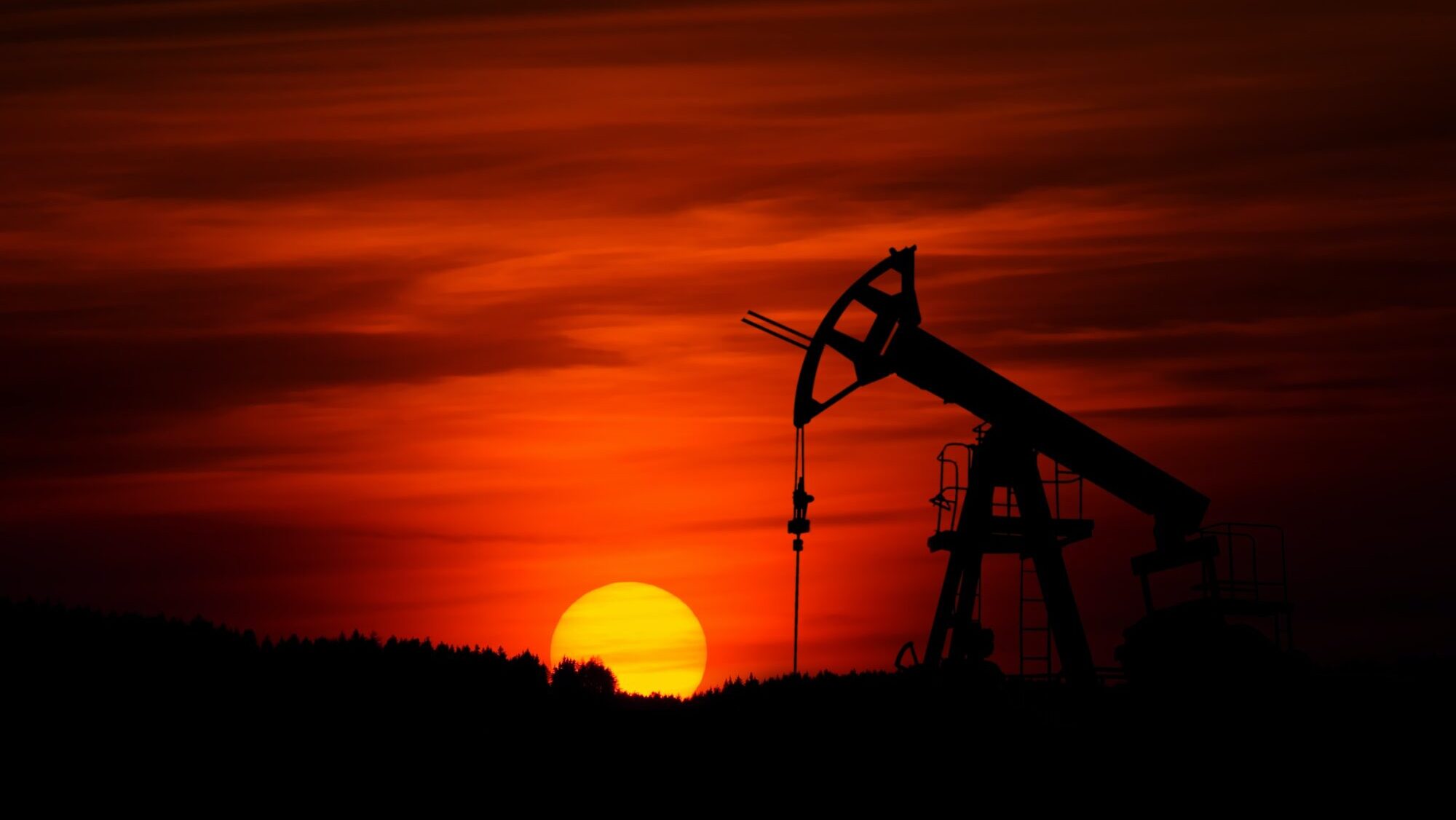
Moscow is set to bring in $15 billion more than expected; aims ‘to inflict pain’ on West, expert says.

The bloc is facing internal tensions regarding what direction to take once they have the power that puts BRICS on par with the West.
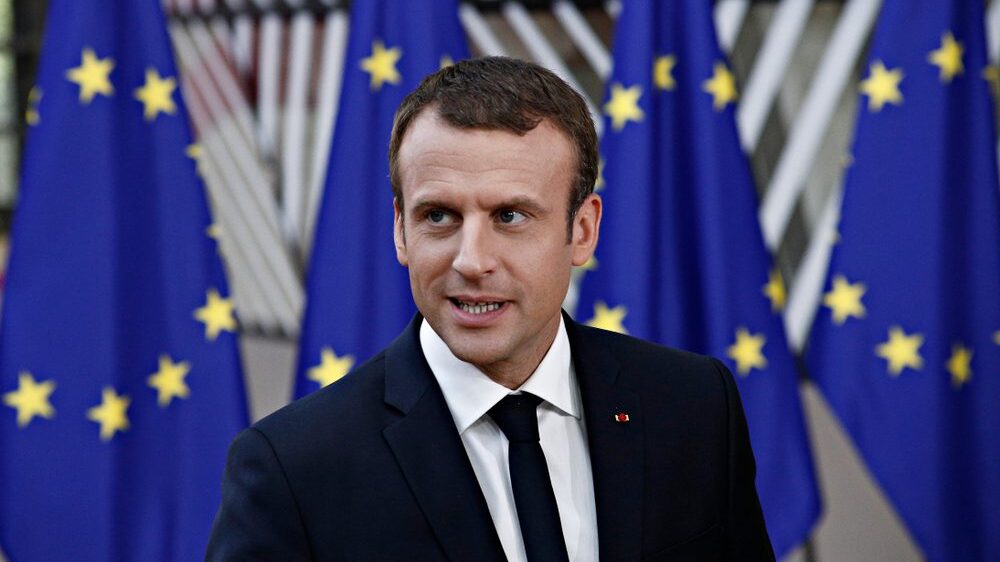
While Russian officials have expressed suspicion over Macron’s overtures, Beijing, seeing it as an opportunity to pull France away from the U.S.’s sphere of influence, has welcomed the idea.
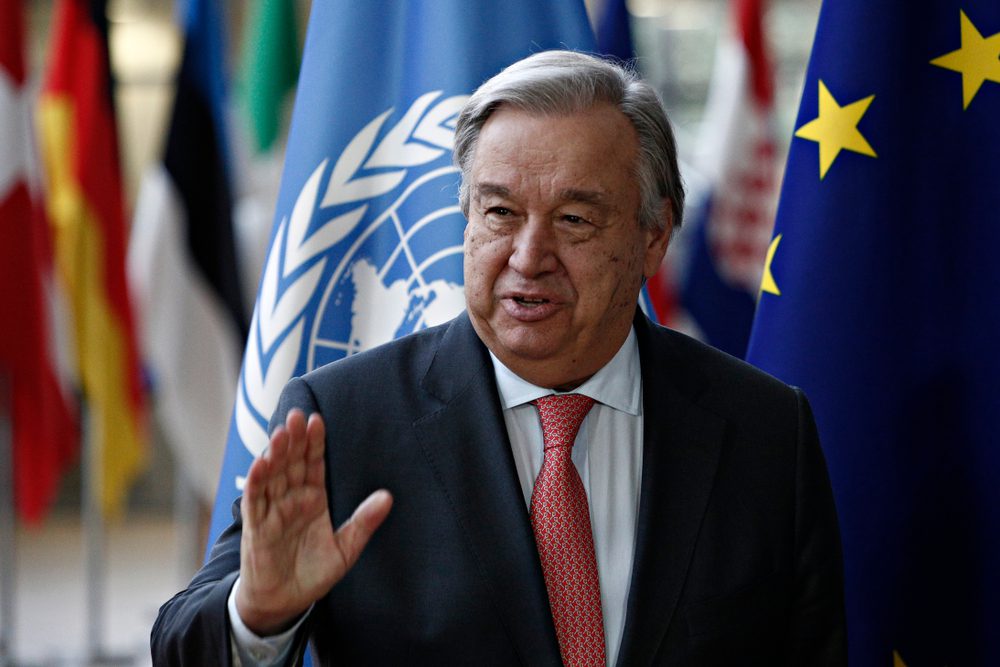
The Bretton Woods System is “outdated, dysfunctional, and unfair,” the UN Secretary-General said at the G7 Summit in Hiroshima. Could this be the moment for CBDCs?
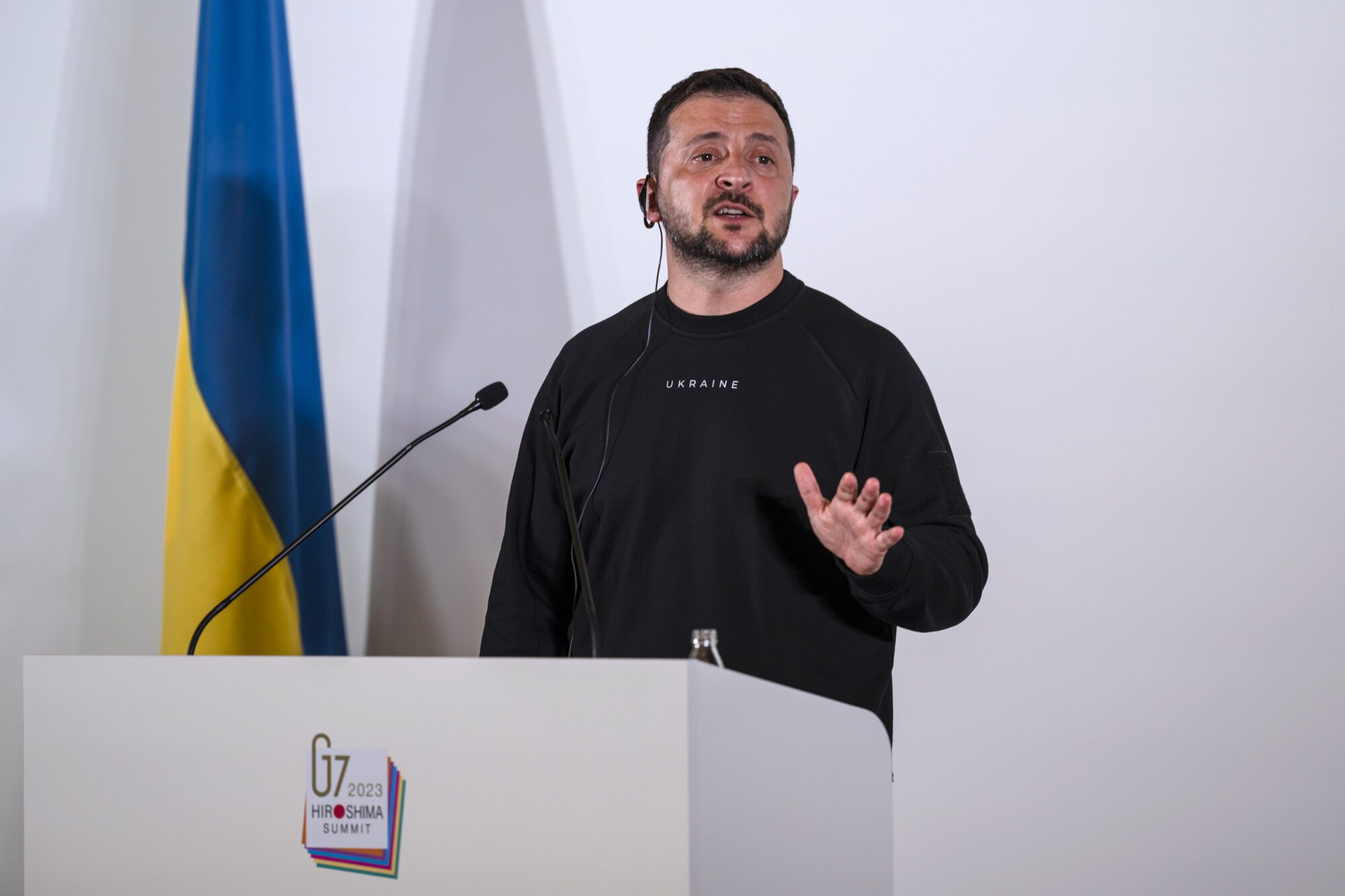
Due to the use of trenches and the ferocious fighting which exacted a heavy toll on both sides, the battle of Bakhmut has drawn comparisons with WWI’s battle of Verdun.

Russia went on a retaliatory spree, announcing entry bans for U.S. officials and opening criminal cases against ICC officials, while forcing Greenpeace into shuttering its Russian branch.
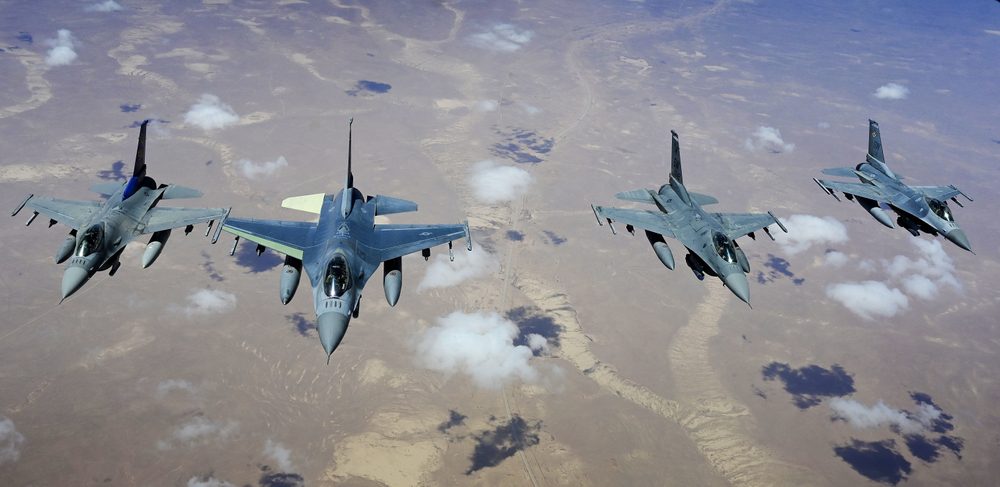
With the U.S. president’s approval, fellow NATO allies can also begin the process of delivering F-16s to Ukraine later this year.
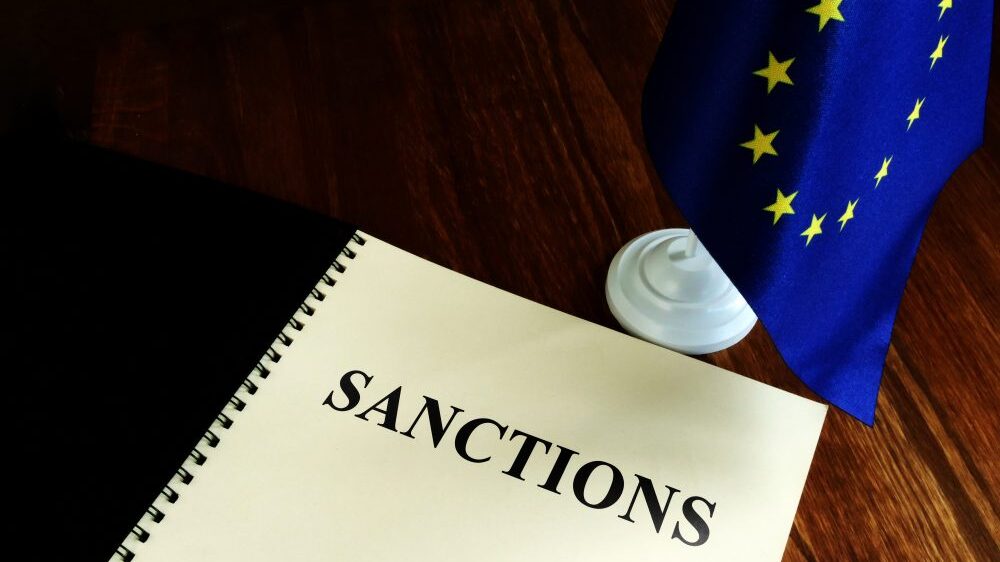
More concessions from the Commission are to be expected as EU members remain divided on shutting down gas pipelines, barring deceitful vessels, and slapping third countries who help Russia with separate sanctions in fear of economic blowback.

Russia finds itself in a better negotiating position than even just two months ago.